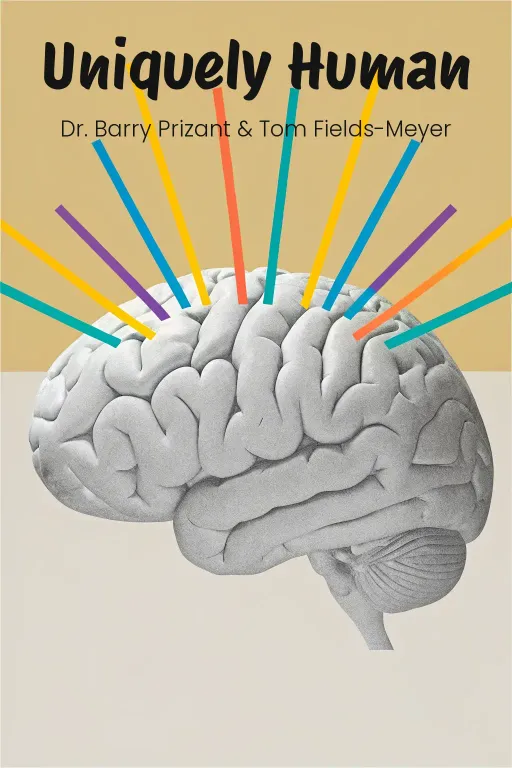
Influence
Psychology
Robert B. Cialdini
A Dissection of Influence: The Psychology of Persuasion
Robert Cialdini's seminal work, Influence: The Psychology of Persuasion, offers a rigorously researched and elegantly articulated exploration into the fundamental psychological principles governing human compliance. This treatise meticulously dissects the six cardinal principles – reciprocation, commitment and consistency, social proof, liking, authority, and scarcity – exposing their potent ability to elicit automatic, often subconscious, assent. Through a compelling synthesis of experimental data, illustrative case studies, and real-world analogues, Cialdini’s book unveils the pervasive influence these principles exert on our decision-making processes, while simultaneously addressing the intrinsic ethical considerations and furnishing strategies to mitigate undue manipulation.
The very architecture of social interaction, Cialdini argues, is predicated on subtle yet profound mechanisms of persuasion. These mechanisms, often exploited by compliance professionals such as marketers and fundraisers, capitalize on ingrained human tendencies. Reciprocity, for instance, compels individuals to return favors, a cornerstone of social cohesion. Yet, this innate predisposition can be leveraged, even in cases of unsolicited acts of “kindness,” fostering a sense of obligation that transcends rational evaluation. Similarly, the principle of commitment and consistency exploits our deep-seated desire to maintain a congruent self-image, leading us to adhere to prior commitments even when those commitments are no longer advantageous.
Social proof underscores our tendency to emulate the behavior of others, particularly in ambiguous circumstances. This principle, while often beneficial by facilitating social learning, can lead to disastrous consequences as evidenced by the bystander effect or the disturbing phenomenon of copycat suicides. Liking, predicated on factors such as physical attractiveness, perceived similarity, and genuine compliments, significantly increases the likelihood of compliance. This, too, can be exploited, with individuals leveraging superficial charm to achieve ulterior motives.
Authority, a principle ingrained through societal structures, commands deference. However, Cialdini cautions that the symbols of authority – titles, uniforms, prestige – can be readily fabricated, leading to blind obedience even in the face of questionable directives. Finally, scarcity exploits our inherent aversion to loss, inflating the perceived value of limited resources and instigating impetuous decisions.
Cialdini doesn't merely catalogue these principles; he illustrates their tactical applications, drawing from diverse contexts ranging from the subtle machinations of marketing campaigns to the psychological warfare tactics employed during the Korean War. He compels the reader to confront the ethical implications of such manipulation, highlighting the potential for exploitation inherent in these powerful tools of persuasion. The responsible application of influence requires a delicate balance, respecting individual autonomy while leveraging psychological understanding for mutually beneficial outcomes.
Ultimately, Influence serves as a potent antidote to manipulation, equipping readers with the critical awareness necessary to navigate the complexities of social interaction. The path to resisting undue influence lies in recognizing the subtle cues that trigger these automatic responses and consciously evaluating the rationale behind requests, thereby fostering a more informed and autonomous decision-making process. The book is not simply an academic treatise; it is a call to arms, urging readers to reclaim agency in a world saturated with persuasive forces, thereby fostering a more ethical and equitable social landscape.









